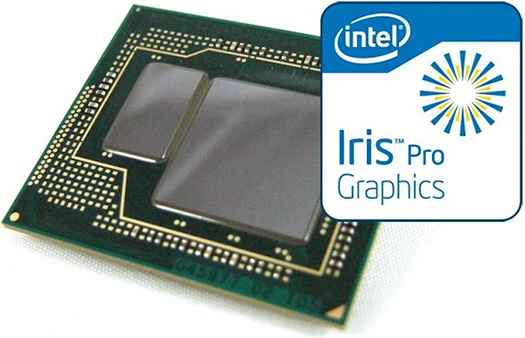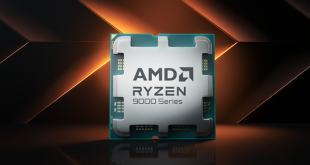Although Intel Corp. is on track to ship low-power mobile versions of the code-named Broadwell microprocessors this September, the company plans to significantly postpone introduction of high-performance and desktop flavours of the new chips. Instead of releasing the first Broadwell-K processors for enthusiasts in late 2014, the chi giant now plans to launch them in mid-2015.
According to alleged Intel Broadwell launch schedule published by the Chinese version of the VR-Zone web-site, Intel will only release high-performance versions of its Core i 5000-sequence microprocessors between the 21st and the 26th week of 2015, which points to late-May – late-June timeframe, exactly a year from now. Previously it was believed that Intel would release the first desktop versions of Broadwell-K processors – the Core i7-5770K and the Core i5-5670K – in late Q4 2014.
The most powerful models of Intel Broadwell microprocessors for client PCs will feature up to four x86 cores with Hyper-Threading, Iris Pro graphics processors with up to 48 execution units, up to 8MB of L3 cache, up to 128MB of high-speed eDRAM off-die cache, dual-channel DDR3 memory controllers and so on. The chips are expected to be available in BGA and LGA1150 form-factors.
Exact configurations look as follows:
- BDW-H 4+3e BGA: four cores with or without HT, Iris Pro GT3e graphics core with 48 execution units and 128MB eDRAM, 6MB of 8MB L3.
- BDW-H 4+2 BGA: four cores with or without HT, Intel HD Graphics GT2 graphics core with 24 execution units, 6MB of 8MB L3.
- BDW-H 2+3e BGA: two cores with or without HT, Iris Pro GT3e graphics core with 48 execution units and 128MB eDRAM, 4MB L3.
- BDW-H 4+3e LGA: four cores with or without HT, Iris Pro GT3e graphics core with 48 execution units and 128MB eDRAM, 6MB of 8MB L3.
Intel’s code-named Broadwell central processing units (CPUs) are the company’s first chips to be made using 14nm process technology with three-gate transistors. The new micro-architecture closely resembles the Haswell micro-architecture, but sports numerous refinements aimed at decreasing power consumption and increasing performance. Originally scheduled for mass production in Q4 2013 and general availability in mid-2014, the new chips were delayed by up to one year after Intel ran into yield problems with its 14nm fabrication process in 2013.
While Intel officially claims that all the issues with the 14nm process technology have been fixed and it is satisfied with the yields, it looks like the company decided to take a very cautious approach to the 14nm transition. It is evident from the launch schedule of the Broadwell family of products that the company will start the roll-out of the new chips from the basic (BDW-Y 2+2) versions of the CPUs with two cores and low-end graphics processor, which are easy to produce. Only about eight months after the first BDW-Y chip ships, the company intends to begin sales of the biggest and hardest to produce versions of the client Broadwell processors with four cores, advanced graphics and large caches.
Intel did not comment on the news-story.
Discuss on our Facebook page, HERE.
KitGuru Says: It is clear that this year Intel’s highest-performing non-extreme client processor will be the Core i7-4790K “Devil’s Canyon” with 4GHz default clock-rate. I wonder what will the Broadwell offer for the same market segment a year from now? 5GHz clock-rate to provide a solid 20 per cent performance improvement, perhaps?
 KitGuru KitGuru.net – Tech News | Hardware News | Hardware Reviews | IOS | Mobile | Gaming | Graphics Cards
KitGuru KitGuru.net – Tech News | Hardware News | Hardware Reviews | IOS | Mobile | Gaming | Graphics Cards





So does anyone think this will have a bearing on Haswell-E X99? (im still hoping for this summer / Aug?)
DDR3 for high performance Broadwell parts? Does this mean certainly no DDR4 for regular Broadwell?
^Don’t mind that. Missed the other article 😛
End of Moores Law has come.Like i said it long time ago. Core i7 3770k 5% slower than Core i7 4770k? Hahaha- pathetic.
moores law was never ment for dual/quad core